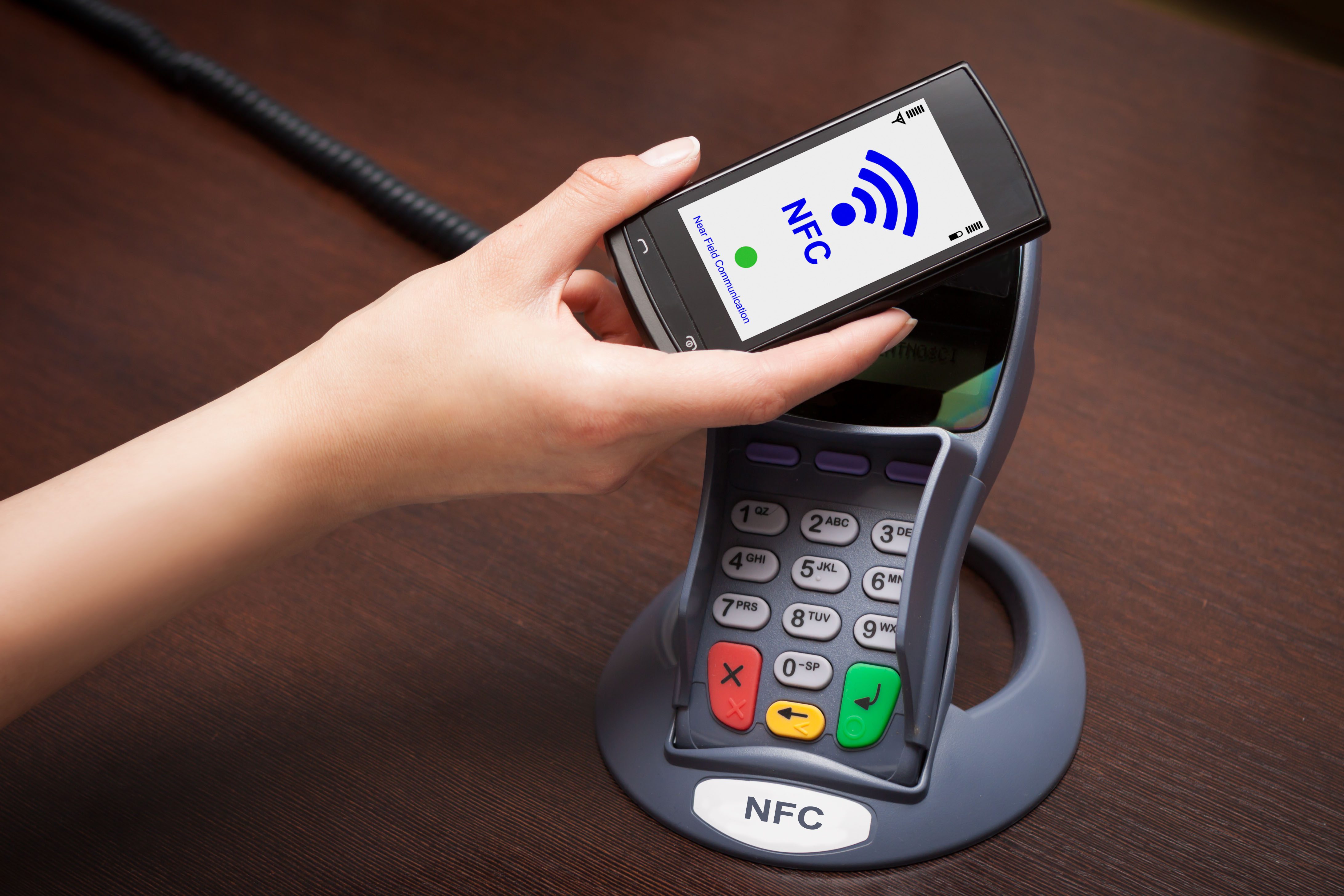Millennials are the most talked about generation today, as most of you have seen. They are talked about because they are driving the changes of our world, including the way we do business. And to win their business, companies need to understand how they think, act, and purchase. Here are five things we have learned about millennials:
Who Are They?
As of this writing, Millennials (also known as Generation Y) are 16-35 year olds. You might often hear this group described as lazy, entitled, self-obsessed narcissists by older generations, but then again, who hasn’t heard similar language from previous generations. Can you believe Millennials didn’t have to walk uphill both ways to school while barefoot?! Anyway, they are also regarded as tech-savvy, diverse and connected. Additionally, they are the most educated and lowest paid generation to this point. They are open to new ideas and ways of living. They want instant gratification. They don’t like to wait. They want what they want and they want it now. And, based on research from the PEW Research Center we find that 86% of them already have smartphones. The other 14% are living in holes in the ground, right?
Millennials Represent a Powerful Consumer Segment
With roughly 80 million Millennials in the United States, they are the largest generation in our history, making up 25% of the country’s population. They have become a major driving force in shaping the culture and economy of the country.
What’s most intriguing is this generation is about to move into its prime spending years. Their purchasing power is expected to increase rapidly, and it already makes up 21% of consumer discretionary purchases.
Millennials Like Loyalty Programs
For Millennials, a strong brand does not guarantee a sale. They value authenticity more than other traditional brand characteristics. They are not likely to be obsessed with brands, though studies show that 69% belong to a retail loyalty program and 70% of those are happy with their programs. At Sezzle we found this stat to be vital to our design. Our platform is able to give rewards to consumers every time they use their checking account, no matter where they shop.
Millennials also check product information, price comparisons, and reviews before making a purchase. They are conscious spenders. They turn to quality brands at the lowest cost. They also appreciate companies that share their personal values and give back to society.
Millennials Prefer Non-Traditional Payments
Millennials are the first completely digital generation. They have grown up with the internet and with smartphones. Technology is their world. This new generation is changing the way money is transferred, by moving away from traditional payment methods. Compared to other generations, they are the most open and willing to use new payment systems. They are comfortable using contactless payment devices like smartphones and tablets. According to a study conducted by JWT, 44% of Millennials would prefer to pay using their smartphones instead of cash. They see value in the ease of use, security, safety, and speed of new payment solutions.
Millennials Do Not Like Credit Cards
Millennials are financially cautious. They do not value credit cards as much as older generations. 63% of them do not even own one! New payment methods are not the only reason millennials are discouraged from using credit cards. This generation grew up during a major recession. There were concerns about jobs, paying off bills, and racking up debt, with student debt being the most directly impactful. They want to get out of debt as soon as possible. They want to be in control of their money and know that they can afford what they are buying.
Millennial consumers are heavily sought by many companies. Understanding, accepting, and embracing the characteristics of this generation can help create a long-term relationship with its members. Please share your thoughts or other characteristics of millennials that you believe are important to mention. We’d love your feedback.
To learn more aboutSezzle, go to https://sezzle.com










